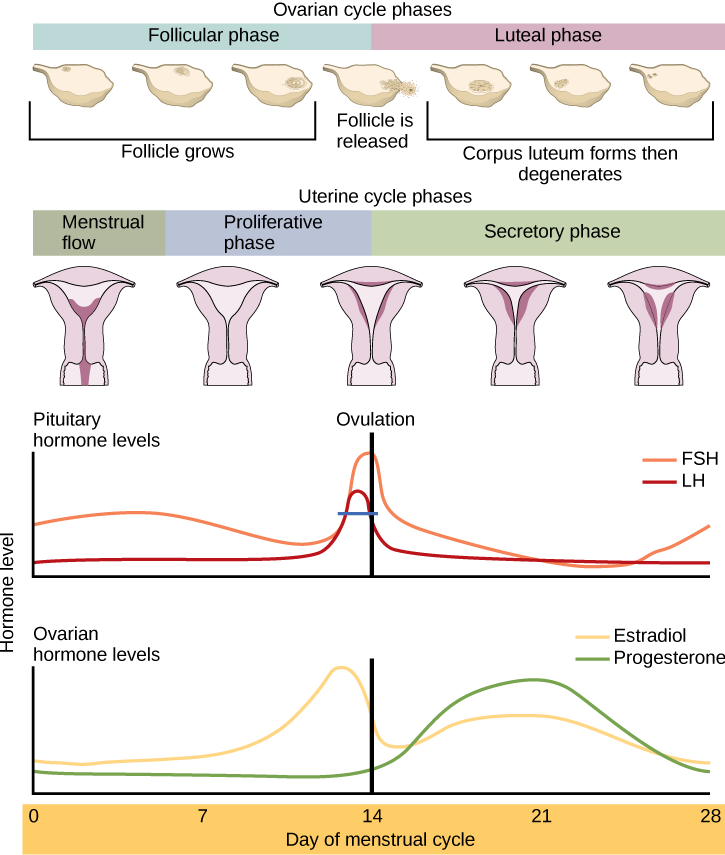Unlock Peak Performance: Best Time to Exercise Revealed!
Struggling to figure out the best time of day to exercise to maximize your results and feel your best? You're not alone! The answer isn't as simple as "morning" or "evening." This comprehensive guide will break down the science behind workout timing and performance, exploring how your circadian rhythm exercise choices, energy levels, and specific goals can impact your fitness journey.
Understanding Your Circadian Rhythm and Exercise
Your circadian rhythm, often referred to as your body clock, is a natural, internal process that regulates the sleep-wake cycle and repeats roughly every 24 hours. This rhythm influences various physiological functions, including hormone release, body temperature, and alertness, all of which can significantly impact your workout timing and performance. Aligning your exercise schedule with your circadian rhythm could lead to better results and improved overall well-being.
While there's no one-size-fits-all answer, understanding how your body responds to exercise at different times of the day is crucial. Some individuals experience peak performance in the morning, while others thrive in the afternoon or evening. This variability is often linked to individual chronotypes (morning larks vs. night owls) and hormonal fluctuations.
Morning Exercise: Benefits and Considerations
Morning exercise benefits are often touted for their ability to kickstart your metabolism and set a positive tone for the day. Waking up early to exercise can lead to increased focus, improved energy levels throughout the day, and potentially better sleep quality. However, it's essential to consider potential drawbacks, such as lower body temperature and muscle stiffness, which could impact performance and increase the risk of injury. According to a 2024 study published in the Journal of Sports Science & Medicine, individuals who exercise in the morning tend to have better adherence rates, suggesting that consistency is a key advantage of morning workouts.
Waking Up Your Metabolism
Engaging in physical activity early in the day can stimulate your metabolism, potentially leading to increased calorie burn throughout the day. This is particularly beneficial for those focused on exercise for weight loss time optimization.
Mental Clarity and Focus
Many individuals report feeling more alert and focused after a morning workout. This mental clarity can be attributed to the release of endorphins and increased blood flow to the brain, enhancing cognitive function and productivity.
Considerations for Morning Workouts
Before jumping into a high-intensity workout first thing in the morning, it's crucial to warm up thoroughly to prepare your muscles for activity. You also might need to fuel your body with a light pre-workout snack to provide energy and prevent muscle breakdown. Failing to properly prepare may increase the risk of injury.
Evening Exercise: Advantages and Potential Drawbacks
Evening exercise risks often revolve around the potential for disrupted sleep patterns, particularly if the workout is too close to bedtime. However, evening workouts can also offer significant advantages, such as higher body temperature and muscle strength, leading to improved performance and reduced risk of injury. For many, the evening provides a convenient time to exercise after work or other commitments.
One of the primary concerns with evening exercise risks is the potential disruption of sleep due to the release of adrenaline and other stimulating hormones. However, this effect varies greatly from person to person. Some individuals find that evening exercise helps them wind down and sleep better, while others experience difficulty falling asleep.
| Advantage | Disadvantage |
|---|---|
| Higher body temperature and muscle strength | Potential for disrupted sleep |
| Convenient timing after work | Increased risk of injury if not properly warmed up |
| Improved performance for some individuals | May require careful planning to avoid late-night stimulants |
Cardio vs. Strength Training: Does Timing Matter?
The optimal time for cardio and strength training can differ based on individual preferences and goals. For best time for cardio, some research suggests that morning cardio, especially on an empty stomach, may enhance fat burning. However, this approach is not suitable for everyone and can lead to muscle loss if not managed carefully. For exercise timing for muscle gain, many experts recommend afternoon or evening workouts, when body temperature and hormone levels are typically at their peak.
When it comes to exercise timing for muscle gain, consider the following table:
| Exercise Type | Ideal Time | Rationale |
|---|---|---|
| Cardio (Fat Burning) | Morning (potentially fasted) | May enhance fat oxidation; requires careful nutrition to prevent muscle loss. |
| Strength Training | Afternoon/Evening | Higher body temperature and hormone levels may improve performance and muscle growth. |
| High-Intensity Interval Training (HIIT) | Afternoon/Evening | Requires high energy output; body may be better prepared later in the day. |
The Role of Hormones in Exercise Timing
Hormonal response to exercise timing is a crucial factor to consider when determining the best time of day to exercise. For example, testosterone levels are typically higher in the morning, which could potentially enhance the benefits of strength training. However, cortisol levels are also higher in the morning, which could be detrimental to muscle recovery if the workout is too intense. Growth hormone release, which is essential for muscle growth and repair, is often stimulated during sleep, making it crucial to prioritize adequate rest and recovery regardless of when you exercise.
Cortisol and Exercise
Cortisol, a stress hormone, peaks in the morning and can influence energy levels and muscle breakdown. Understanding how your body responds to cortisol levels during exercise is essential for optimizing your workout schedule.
Testosterone and Exercise
Testosterone, a key hormone for muscle growth, is typically higher in the morning. Some studies suggest that morning strength training may capitalize on this natural hormonal peak.
Growth Hormone and Recovery
Growth hormone plays a vital role in muscle repair and recovery. Prioritizing sleep and nutrition is crucial for maximizing growth hormone benefits, regardless of your exercise timing.
Practical Tips for Finding Your Optimal Exercise Time
Finding the best time of day to exercise involves experimentation and careful self-assessment. Consider your individual chronotype (morning lark vs. night owl), energy levels throughout the day, and specific fitness goals. Track your workouts and note how you feel before, during, and after each session. Pay attention to factors such as sleep quality, mood, and performance to identify the time of day that works best for you.
- Track Your Energy Levels: Monitor your energy levels throughout the day to identify periods of peak performance.
- Experiment with Different Times: Try working out at different times of the day to see how your body responds.
- Listen to Your Body: Pay attention to how you feel before, during, and after each workout.
- Consider Your Goals: Tailor your exercise timing to align with your specific fitness goals.
- Be Consistent: Once you find a time that works, stick to it as much as possible to establish a routine.
"The best time to exercise is the time you'll actually do it consistently." - Fitness Expert, Dr. Emily Carter
FAQ
Q: Is it bad to exercise right before bed?
A: It depends on the individual. Some people find that it disrupts their sleep, while others find it helps them relax. Experiment to see what works best for you.
Q: Should I eat before a morning workout?
A: It's generally recommended to have a light snack before a morning workout to provide energy and prevent muscle breakdown. Choose easily digestible carbohydrates and a small amount of protein.
Q: Does exercise timing affect weight loss?
A: While exercise timing can influence metabolism and hormone levels, the most important factor for weight loss is creating a calorie deficit through diet and exercise.
Q: Can I change my chronotype?
A: While it's difficult to completely change your chronotype, you can gradually shift your sleep-wake cycle and adapt to different exercise times.
Q: What about exercising on an empty stomach?
A: Exercising on an empty stomach (fasted cardio) may increase fat burning, but it's not suitable for everyone and can lead to muscle loss if not managed carefully. Consult with a healthcare professional or registered dietitian before trying fasted cardio.
Finding the optimal time to exercise is a personal journey. Consider your individual preferences, energy levels, and goals, and experiment to discover what works best for you. The most important thing is to find a time that you can consistently stick to, allowing you to reap the numerous benefits of regular physical activity. Now, share your preferred workout time in the comments below and tell us why it works for you!

